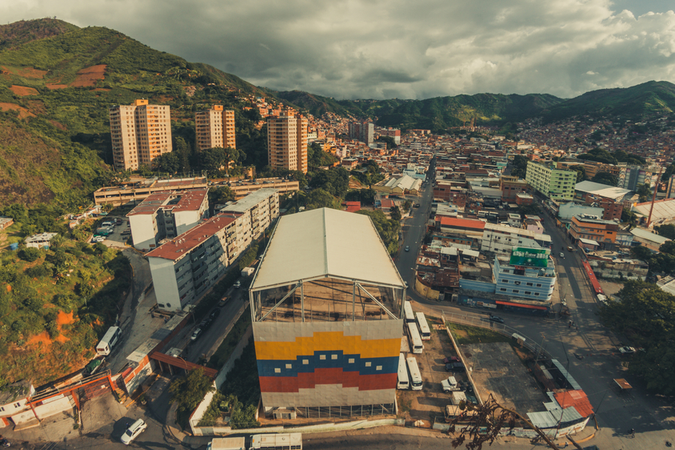New Episode of Resources Radio: “The Environmental Impacts of Digital Technologies, with George Kamiya”
WASHINGTON, DC—Resources for the Future (RFF) today released a new installment of Resources Radio: “The Environmental Impacts of Digital Technologies, with George Kamiya.”
In this episode, host Kristin Hayes talks with George Kamiya, an analyst at the International Energy Agency and an expert on the emissions of information and communications technology (ICT). While some recent sensational media coverage has suggested otherwise, Kamiya emphasizes that the environmental impacts of digital technologies still pale in comparison to those of bigger sectors, such as transportation and industry. However, Kamiya notes that recent successes at making the ICT sector more efficient do not guarantee that its emissions will remain relatively low forever, especially as the world increasingly relies on computers, and as data-intensive activities like Bitcoin mining gain traction.
Notable quotes from the podcast:
- The diverse emissions of digital technologies: “We can think about how energy is used as listeners are listening to this podcast. First, there's energy that's used at the data center. These are large warehouses that basically have a lot of computers that store things like this podcast recording. Then we need to use energy to transmit that data for the recording, from the data center to the listener. It might be going through fiber optic cables, routers, or maybe mobile network towers. Finally, there's electricity that's used by the user. Maybe they're listening to it on their smartphone or a laptop. So there's electricity at each step of that chain, and of course there's energy use to manufacture all those pieces of equipment … It's a big area.” (3:07).
- Impacts of the ICT sector should be interpreted in context: “It's dangerous when we try to focus too much on these new emerging technologies, and it distracts us from the innovation that we really need to [happen in] the big sectors. Not to say that the ICT sector doesn't warrant attention and efforts to reduce emissions, but we really need to cut emissions in power, in industry, in buildings, and in transport … Emissions and energy use of the ICT sector are significant … but we can't let that distract us.” (23:42)
- The future of digital emissions is hard to predict: “Things change really quickly. So, Bitcoin is something that emerged in a couple of years very quickly and suddenly is consuming 0.2–0.3 percent of global electricity use. It's really hard to predict how the energy use of ICT is going to evolve over the next 10 to 20 years … I think companies and governments need to really think about investing in R&D to figure out newer technologies that will get us to even higher efficiencies, as the demand for all these services is just going to continue to go up.” (25:07)
Resources Radio is a weekly podcast series exploring timely environmental, energy, and natural resources topics. Episodes can be found on Apple Podcasts, Google Play, Soundcloud, Spotify, and Stitcher.
Resources for the Future (RFF) is an independent, nonprofit research institution in Washington, DC. Its mission is to improve environmental, energy, and natural resource decisions through impartial economic research and policy engagement. RFF is committed to being the most widely trusted source of research insights and policy solutions leading to a healthy environment and a thriving economy.
Unless otherwise stated, the views expressed here are those of the individual authors and may differ from those of other RFF experts, its officers, or its directors. RFF does not take positions on specific legislative proposals.
For more information, please see our media resources page or contact Media Relations and Communications Manager Annie Tastet.



